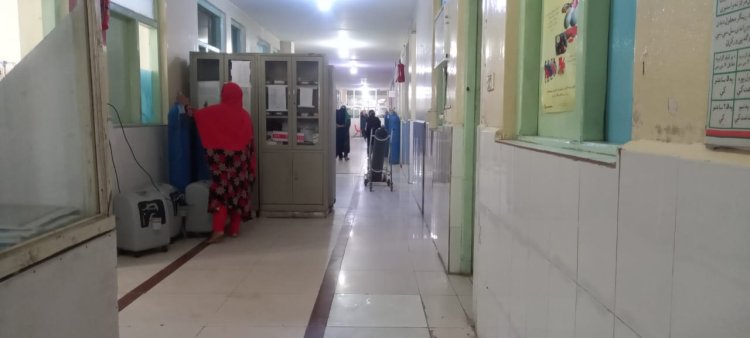Midwife shortage in Nangarhar puts mothers and babies at risk

Pregnant women in remote areas of Nangarhar complain about the lack of access to timely healthcare services and the shortage of midwives, which has put their lives and those of their newborns at risk.
Balqis, a resident of Nangarhar, expressed concerns about the scarcity of healthcare services, stating that the absence of midwives in health centers often leads to maternal and infant deaths during childbirth.
She emphasized: "The shortage of midwives in health centers is a major issue. Many times, due to this lack, both the mother and the baby lose their lives during delivery. We urge the authorities to address this problem."
Balqis also noted that while there is a clinic in her area, the lack of midwives and limited access to healthcare services has resulted in fatal childbirth complications.
Women in the region fear that restrictions imposed by the Taliban on girls' education—especially in the field of medical sciences—are worsening the midwife shortage in healthcare centers.
Meanwhile, some healthcare professionals stress the importance of hospital births over home deliveries to ensure the safety of both mothers and infants.
Dr. Kulthum Darman, an obstetrician-gynecologist, highlighted the need for well-equipped healthcare facilities and medical professionals in all provinces and districts. She stated: "The presence of midwives in healthcare centers is crucial. It is essential that childbirth takes place in hospitals rather than at home, as this significantly reduces maternal and infant mortality rates."
Previously, the World Health Organization (WHO) reported that every day in Afghanistan, 24 mothers and 167 newborns lose their lives due to preventable complications during childbirth.
According to WHO data, Afghanistan is facing a shortage of approximately 18,000 midwives.
